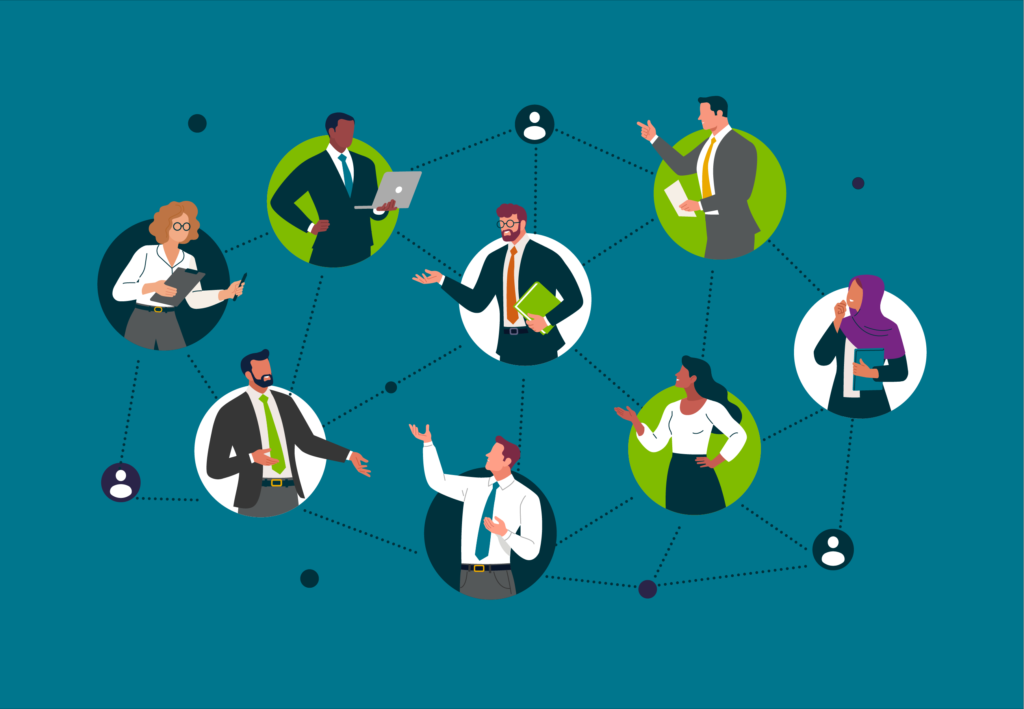Protected: Unlocking the Power of Employee Resource Groups for Nonprofit Partnerships
- Ava Flurry

- Ava Flurry
If you want more stories like this, sign-up for our newsletter here!
Sign up for our weekly newsletter and other periodic updates. Our newsletter, Greater Giving Weekly, will be sent to you every Thursday and includes the latest philanthropy and Global Impact news. Stay up-to-date on employee engagement, disaster response, the Sustainable Development Goals, corporate social responsibility, giving global, impact investing and more.
